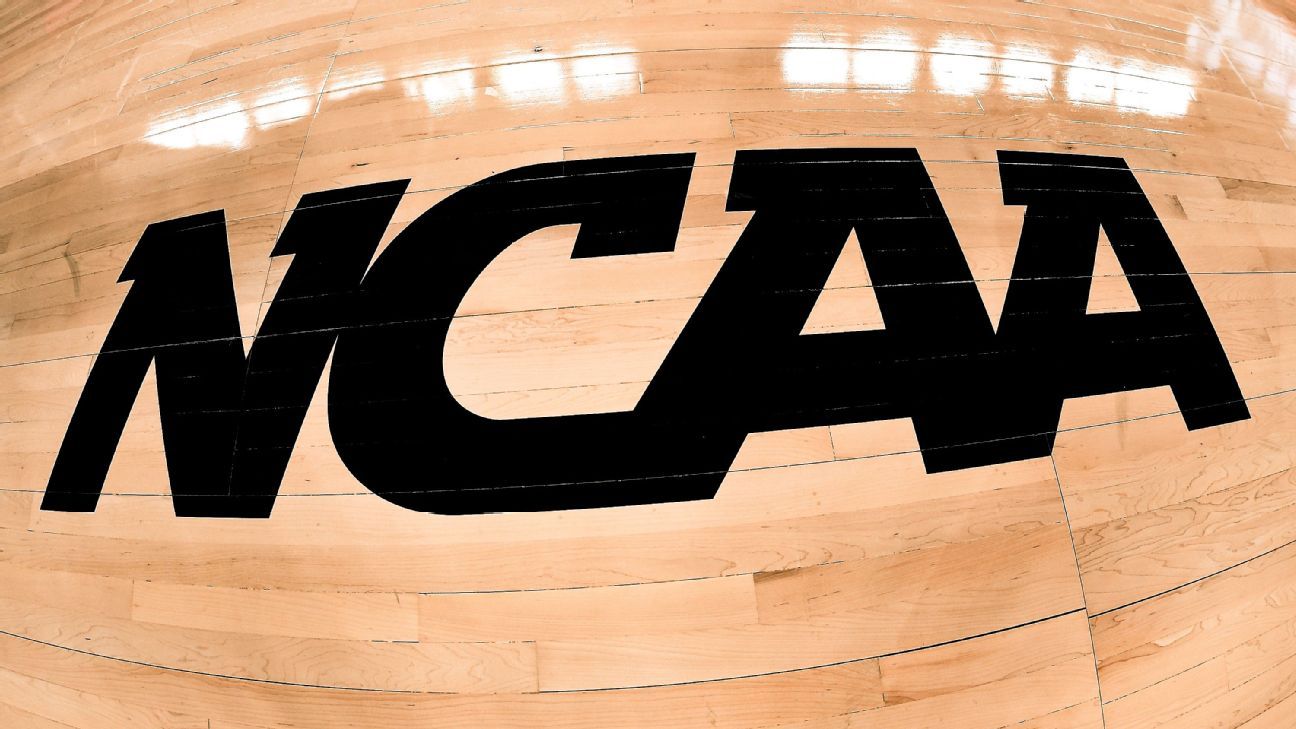
Memphis, NCAA resolve recruiting violations
The NCAA announced penalties for the Memphis men's basketball program Thursday in a case it said highlights a new approach to resolving infractions allegations much more quickly.
Associated Press
The NCAA announced penalties for the Memphis men's basketball program Thursday in a case it said highlights a new approach to resolving infractions allegations much more quickly.
The NCAA said it isn't backing away from enforcing rules and imposing penalties for rules violations amid a host of changes to college sports' biggest governing body. But after criticism that it was far too slow, the NCAA has come up with a new protocol.
In Memphis' case, the sides agreed Thursday to resolve recruiting violations within the Tigers' men's basketball program. The school will begin serving penalties while one individual tied to the case challenges allegations and will go to a hearing with an infractions panel.
This marks the second time the NCAA has used a split-case resolution, following an agreement with Air Force in September regarding football recruiting violations. The NCAA adopted reforms in August designed to modernize the infractions process; those are officially set to go into effect Jan. 1 but were used for the first time for Air Force and Memphis in what amounts to a trial run.
Matt Mikrut, the NCAA managing director of the office of the Committee on Infractions, spoke broadly about changes pursuing "efficiency and fairness" in resolving cases, while noting "there are no 'get out of jail free' cards" for violations.
"When institutional leadership wants to say, 'Yes, this happened, we want to own it, take accountability for it' ... it didn't make sense to wait an additional six or seven months for them to start those penalties," Mikrut said in an interview with The Associated Press. "So this is again an option for them in that regard."
The traditional course of NCAA infractions cases tended to follow a seemingly endless series of steps -- 90 days to respond to a notice of allegations, another 60 days for enforcement staff to respond to the school's response and so forth -- which allowed cases to hang over schools or programs for years.
That had been a common criticism with numerous high-profile NCAA investigations, such as yearslong cases involving men's basketball violations at Syracuse and an academic probe into irregular courses at North Carolina before a no-penalty conclusion in 2017.
The reforms include enhanced requirements for schools to cooperate with investigators as well as revised mitigating factors that can reduce penalties, such as "exemplary cooperation or seeking an accelerated path for a case to reach resolution."
"One of the things we heard over and over again is it's just too hard to plead guilty in the infractions process," Mikrut said. "That's particularly true in the old world, when you had two, three, four parties to a case. And one of those cases wanted to separate themselves from the train that was going down the contested-hearing track and just plead out, start serving their penalties."
The NCAA is still evaluating proposals to modify the current penalty structure.
The Memphis penalties include another year of probation added to the three years already imposed in a September ruling in the Independent Accountability Resolution Process case involving the recruitment of one-and-done big man James Wiseman.
There are also restrictions such as two fewer official recruiting visits for this year, while head coach Penny Hardaway and an unspecified assistant coach have already served self-imposed penalties such as 15 fewer days of off-campus recruiting for last season.
"We acknowledge that a violation occurred in our men's basketball program during the 2021-22 academic year, and we worked directly and collaboratively with the NCAA from an institutional standpoint to negotiate this resolution," the school said in a statement.
"As the NCAA indicated earlier today, one individual is exercising his right to work directly with the NCAA on his portion of the case and we are supportive of his right to do so. Per NCAA bylaws, we are not permitted to provide further comment on the matter until the process is resolved, the timeframe for which is pending."

